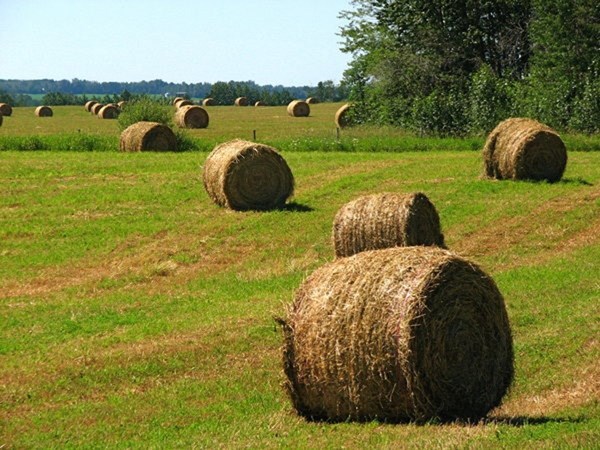WEYBURN - Strong storms that blew through the region is past week left some crops lodged, damaged buildings, bins and machinery and blew some hay swaths across some fields. The region also received rain this past week which will help crops develop their seeds and kernels, but it did cause delays to some producers who were waiting for cut hay to dry down.
Scattered rain showers were received across the region with the Regina, Radville and Grenfell areas seeing the highest concentration of precipitation receiving more than 50 mm. Much of the region experienced anywhere between nil and 30 mm, some areas needed the rain while others are now dealing with low areas flooding again and difficulty entering fields.
Cropland topsoil moisture is rated as 17 per cent surplus, 62 per cent adequate, ten per cent short and eleven per cent very short. Hay and pasture land topsoil moisture is rated as 16 per cent surplus, 71 per cent adequate, six per cent short and two per cent very short. Due to most of the region having adequate moisture since the beginning of the growing season, many producers report their crops look very good, besides the areas that are flooded out.
Fifty-three per cent of fall cereals, 51 per cent of spring cereals, 54 per cent of oilseeds, and 59 per cent of pulses are rated to be at their normal stages of development for this time of year. The recent heat and humidity have accelerated growth of some crops while excessive moisture has slowed others.
Haying operations continue in between rain showers. Livestock producers currently have 26 per cent of the hay crop cut and 22 per cent baled or put into silage. Hay quality is rated as 37 per cent excellent, 53 per cent good and ten per cent fair.
Most crop damage this past week was due to strong windstorms, lodging, heat and grasshoppers. Producers are busy haying, doing yield assessments, applying pesticides and getting equipment ready for harvest.




